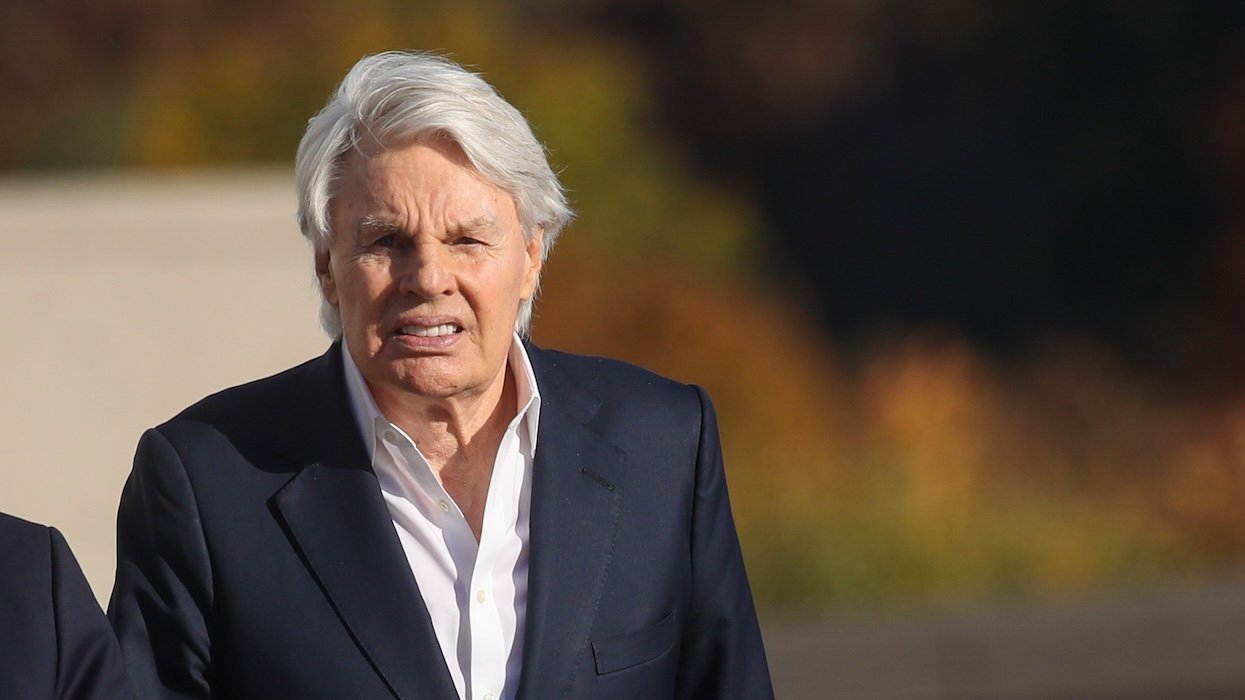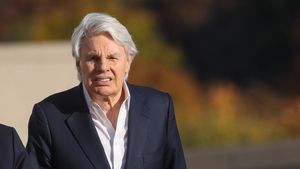Singer Boy George
was threatened with jail by a New York judge on Monday
for failing to complete a community service requirement
because he wanted to do something less humiliating
than raking leaves. Criminal court judge Anthony
Ferrara gave George until August 28 to complete the five
days of community service, which was imposed in March
when he admitted to falsely reporting a burglary,
escaping more serious charges of drug possession.
Defense lawyer
Louis Freeman had argued in court earlier this month that
the singer, whose real name is George O'Dowd, was hoping to
avoid the humiliation of dragging a rake around a city
park and wanted to work with an AIDS charity. Freeman
said if the singer was forced to sweep streets or a
park, "it would turn into a media circus."
Ferrara appeared
angry and insisted that George, who did not speak during
the court appearance, would be treated the same as any other
offender. "This is a simple matter," Ferrara told the
45-year-old singer. "Five days of community service.
It's up to you as to whether it will be an exercise in
humiliation or an exercise in humility. Your choice. If
you do community service, you go out that door," he said
pointing to the exit. "But I'm going to make you a
promise. If you don't do this community service, you
go through the back door," he said, threatening the
singer with jail.
The charges
against Boy George, who made his name as the cross-dressing
front man for the 1980s chart-topping British pop band
Culture Club, resulted from an October 7 incident when
police responded to his call reporting a burglary and
found 13 bags of cocaine in his apartment. If
convicted on the drug charges, the singer could have been
sentenced to 15 years in prison. Instead, he was
ordered to attend a drug rehabilitation program and
was fined $1,000, which he has paid.
George rose from
supermarket shelf stocker to international pop star in
1982 with the song "Do You Really Want to Hurt Me?" which
topped the charts in 18 countries. Culture Club went
on to sell almost 20 million albums. In 1995, George
recounted his drug-induced fall from grace and how he
had finally kicked his heroin habit in the autobiography
Take It Like a Man. Later, he made a new
career as a disc jockey and record producer. (Jeanne King,
Reuters)


















































































